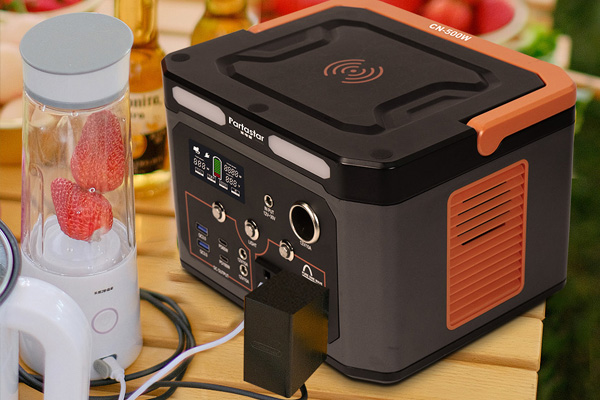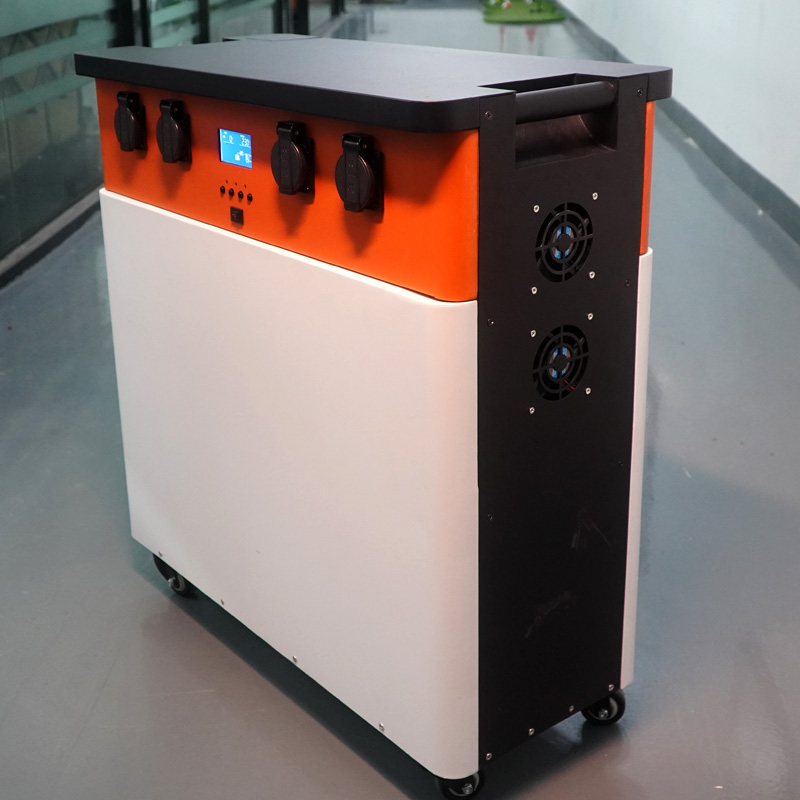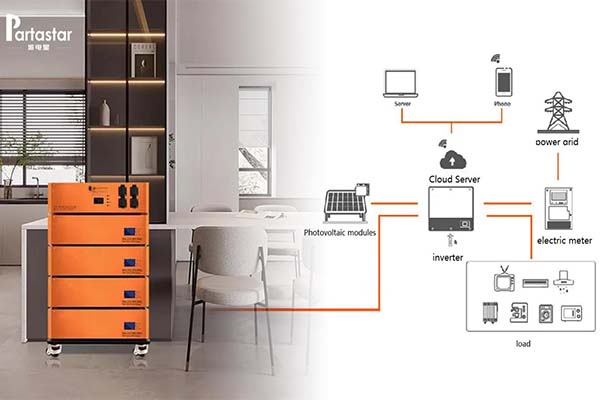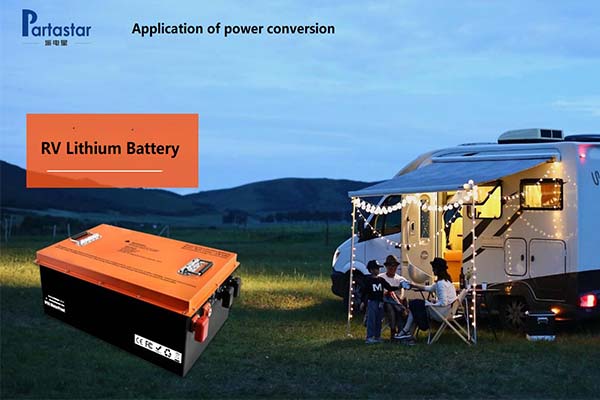When it comes to choosing a battery-powered generator, there are several factors you need to consider to ensure you get the right one for your needs. In this article, we'll guide you through the key factors to consider when choosing a battery-powered generator.
1. Power Output
The first and most important factor to consider is the power output of the generator. You need to ensure that the generator you choose can provide enough power to meet your needs. To do this, you need to calculate your power requirements by adding up the wattage of all the devices you plan to power with the generator.
For example, if you plan to power a refrigerator (600 watts), a TV (200 watts), and a few lights (50 watts each), you'll need a generator that can provide at least 950 watts of power.
2. Battery Capacity
The battery capacity of the generator is another important factor to consider. The capacity of the battery will determine how long the generator can provide power before it needs to be recharged. The larger the battery capacity, the longer the generator can run.
When choosing a battery-powered generator, look for one with a battery capacity that can provide enough power for your needs. Keep in mind that larger battery capacities will generally result in heavier and more expensive generators.

3. Charging Options
The charging options of the generator are also important to consider. Most battery-powered generators can be charged using a wall outlet, but some models also offer other charging options such as solar panels, car chargers, or wind turbines.
Consider the availability of charging options in your area and choose a generator that offers the most convenient and reliable charging option for your needs.
4. Portability
Portability is another factor to consider when choosing a battery-powered generator. If you plan to use the generator for outdoor activities or emergencies, you'll want one that is lightweight and easy to transport.
Look for a generator with built-in handles, wheels, or both. This will make it easier to move the generator from one location to another.
5. Durability
The durability of the generator is also important to consider. You want a generator that can withstand the elements and last for years. Look for generators made from high-quality materials, such as aluminum or steel.
Also, consider the warranty offered by the manufacturer. A longer warranty can give you peace of mind that the generator will last for a long time.
6. Noise Level
The noise level of the generator is another important factor to consider. Battery-powered generators are generally quieter than gas-powered generators, but some models may still produce noise that can be bothersome.
Look for generators with noise levels of 60 decibels or lower. This will ensure that the generator won't disturb your neighbors or outdoor activities.
7. Price
Finally, consider the price of the generator. Battery-powered generators can range from a few hundred dollars to several thousand dollars. Consider your budget and choose a generator that meets your needs and fits within your budget.
Keep in mind that cheaper generators may not be as durable or have as many features as more expensive models. However, you can still find high-quality generators at affordable prices if you do your research.
Conclusion
Choosing the right battery-powered generator can be a daunting task, but considering these factors can help you make an informed decision. Consider the power output, battery capacity, charging options, portability, durability, noise level, and price when choosing a generator that meets your needs. With the right generator, you can have a reliable backup power source for emergencies and outdoor activities.



